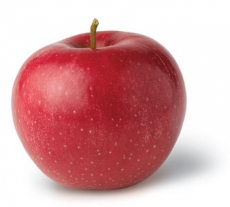MINERALS
 We have covered the Vitamins and have touched at the richest sources and what they are good for in the body. It is necessary that each person takes sufficient of these vitamins into the body through nutrition. A lack of certain vitamins can easily lead to diseases and an insufficient resistance to germs and bacteria, antioxidants and the likes. Next to the vitamins is there a whole set of minerals that need to be taken in the body through the diet. We will have a look here at the most important and what they are good for in the body plus where they come from. Calcium Calcium is needed for our bones, teeth and muscles. Adequate Vitamin D is necessary for its absorption. Sources: Dairy products, dark green leafy vegetables, citrus fruits, and canned fish with edible bones, pulses Chromium It is necessary for blood sugar control, which we have seen can contribute to sugar disease and to unnecessary fat production through the liver. Sources: Whole grains, shellfish, nuts, mushrooms, and wheat-germ. Copper Needed in the work of the enzymes Sources: Whole grains, pulses, shellfish, nuts, mushrooms, offal (especially foie gras), eggs, poultry, dark green leafy vegetables, and chocolate. Iodine Iodine is needed for the normal functioning of the thyroid gland. A diet too rich in brassicas (the cabbage family) can interfere with iodine absorption. Sources: Seafood, especially oily fish, seaweed, liver, pineapple, eggs, whole grains, dairy products. Iron Iron is needed in the blood to carry oxygen. Vitamin C helps its absorption. Too much tea or coffee depresses iron absorption. Sources: Liver, kidney, red meats, dried fruits, nuts, legumes, dark green leafy vegetables, sardines, prune juice, oysters, eggs, watercress, tomatoes Magnesium Is a part of chlorophyll, the green pigment in plants, needed for conversion of calories into energy. Tap water in hard-water areas supplies magnesium. Sources: Dark green leafy vegetables, whole grains, nuts, legumes, seafood, chocolate, bananas Manganese Manganese is also needed in the work of the enzymes Sources: Wheat-germ, liver, kidney, green leafy vegetables, red meat, tea, whole grains, legumes, seeds, nuts, chocolate Phosphorus It is needed for the teeth and bones, and release of energy. Sources: Meats, fish poultry, eggs, dairy products, and grains, fruit and vegetables Potassium A very important mineral as it is needed for heart, muscles and maintenance of normal blood glucose levels. Sources: Lean meat, pulses, wheat germ, whole grains, potatoes, bananas, nuts, orange juice, avocados, and apricots Selenium Selenium is needed to work with the detoxifier glutathione as a co-factor and antioxidant. Sources Liver, kidney, meat, seafood, dairy products, whole grains, pineapples Zinc Needed for our bones and enzymes Sources: Oysters, herring, milk, meat, egg yolks, corn, beets, peas, almonds, pulses What are enzymes? Enzymes are catalysts that speed up certain reactions in the body. They help the process of converting certain molecules into different molecules that can then be used in the body. An important function of enzymes for example is in the digestive systems of animals. Enzymes such as amylases and proteases break down large molecules (starch or proteins, respectively) into smaller ones, so they can be absorbed by the intestines. Source: Food for Thought |





